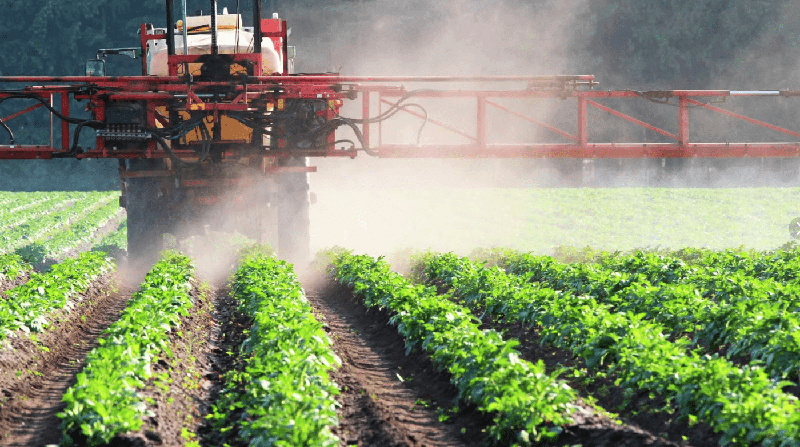European Commission to consider restrictions on imports of products containing residues of pesticides banned in the EU

The European Commission is preparing a major reform of the pesticide approval system as part of a forthcoming food safety simplification package, expected to be presented next month. A long-awaited proposal to restrict imports of products treated with pesticides banned in the EU may also be considered, Euractiv reports.
The document is expected to speed up the approval of biopesticides and eliminate periodic renewals for most chemical pesticides, except for the most hazardous ones. The Commission’s report proposes “broader market access” through “simplified and facilitated mutual recognition of authorizations,” allowing products approved in one member state to be used more easily in another.
At a Council meeting, Health Commissioner Olivér Várhelyi stated that “for the most dangerous substances banned in the EU, the ban applies across the entire EU territory.” He added that the package will include “practical measures” to prevent the withdrawal of chemical pesticides where alternatives are not yet available. “The simplification package will be presented next month,” Várhelyi said.
Just a few months ago, insiders warned that delivering on this promise would be difficult, as some Commission departments remained unconvinced. Restricting imports of products containing residues of pesticides banned in the EU risks conflicting with international trade rules and could trigger accusations that Brussels is effectively creating a trade barrier.
However, calls for reciprocity are growing, especially as the Commission pushes to conclude free-trade agreements with major agricultural exporters, including Mercosur. France insists on mirror clauses for imports from Mercosur. Agriculture Minister Anne Genevard noted that “phytosanitary products banned in the EU must be truly banned if the food products originate from Mercosur.”
Várhelyi’s remarks come amid pressure from agriculture ministers calling for improved access to pesticides to combat emerging pests and climate-related challenges. Italy notes that countries often resort to emergency authorizations for prohibited substances. According to EFSA, between 620 and 720 such permits are issued annually.
Environmental groups such as PAN Europe warn that many of these exemptions no longer reflect genuine emergency situations. Some countries also want more flexible rules for approving certain chemical pesticides in emergencies. Environmental organizations fear that simplified rules intended for biocontrol products could end up being applied to conventional pesticides.
Read also
Abbey Commodities – General Partner of BLACK SEA GRAIN.KYIV-2026
Export Logistics Reset 2026: Rail Tariffs, Capacity Pressure and New Trade Reality
Kazakhstan expands direct purchase program to sunseed and linseed
Australia exports over 1.2 mln tons of barley in December
Vegetable oil quotes are stable, but pressure on sunflower oil prices is increasing
Write to us
Our manager will contact you soon



